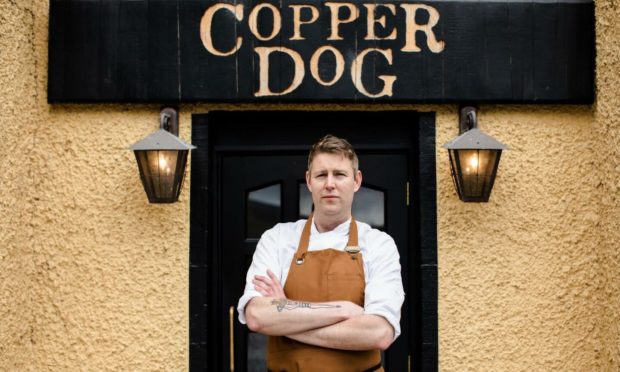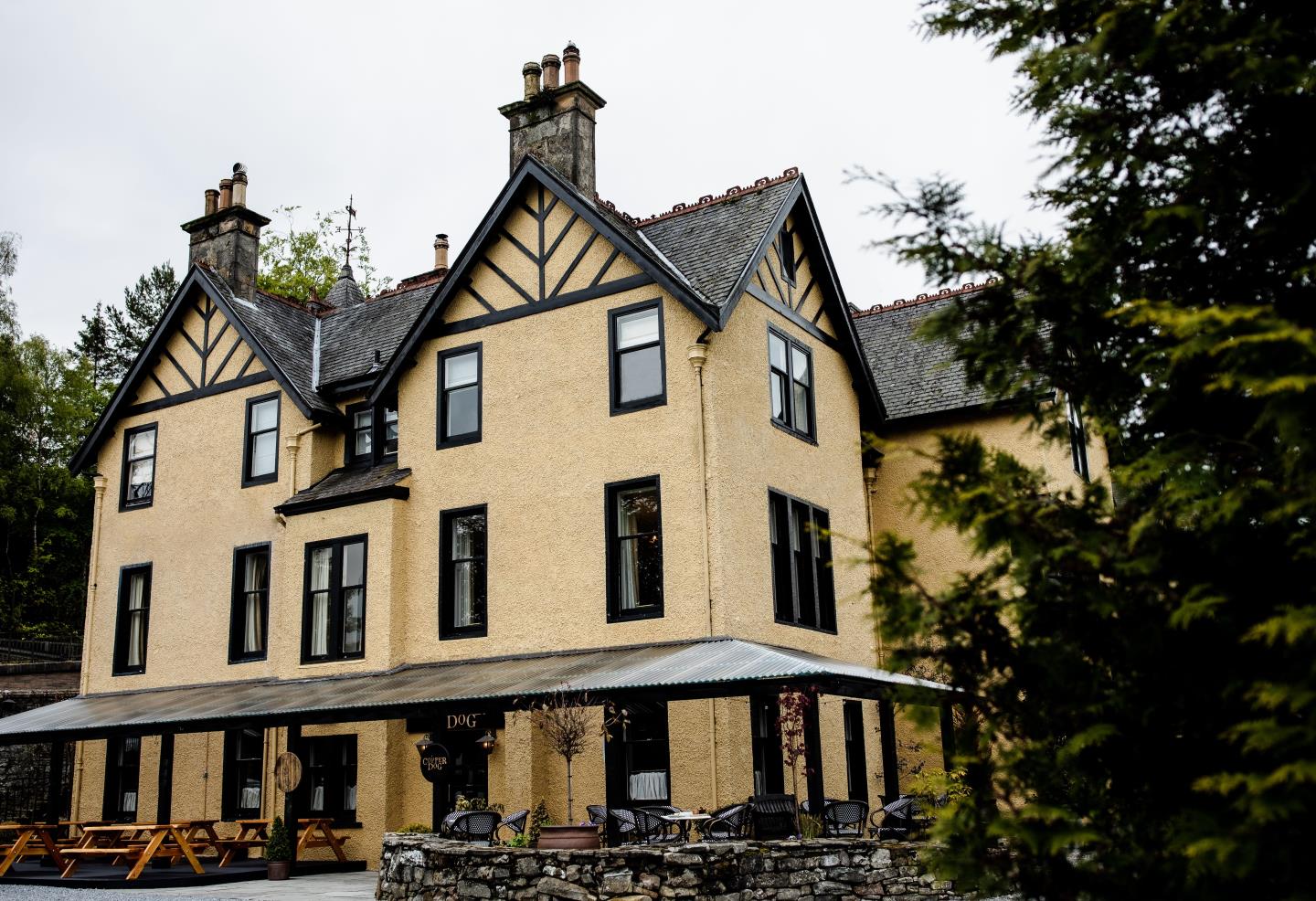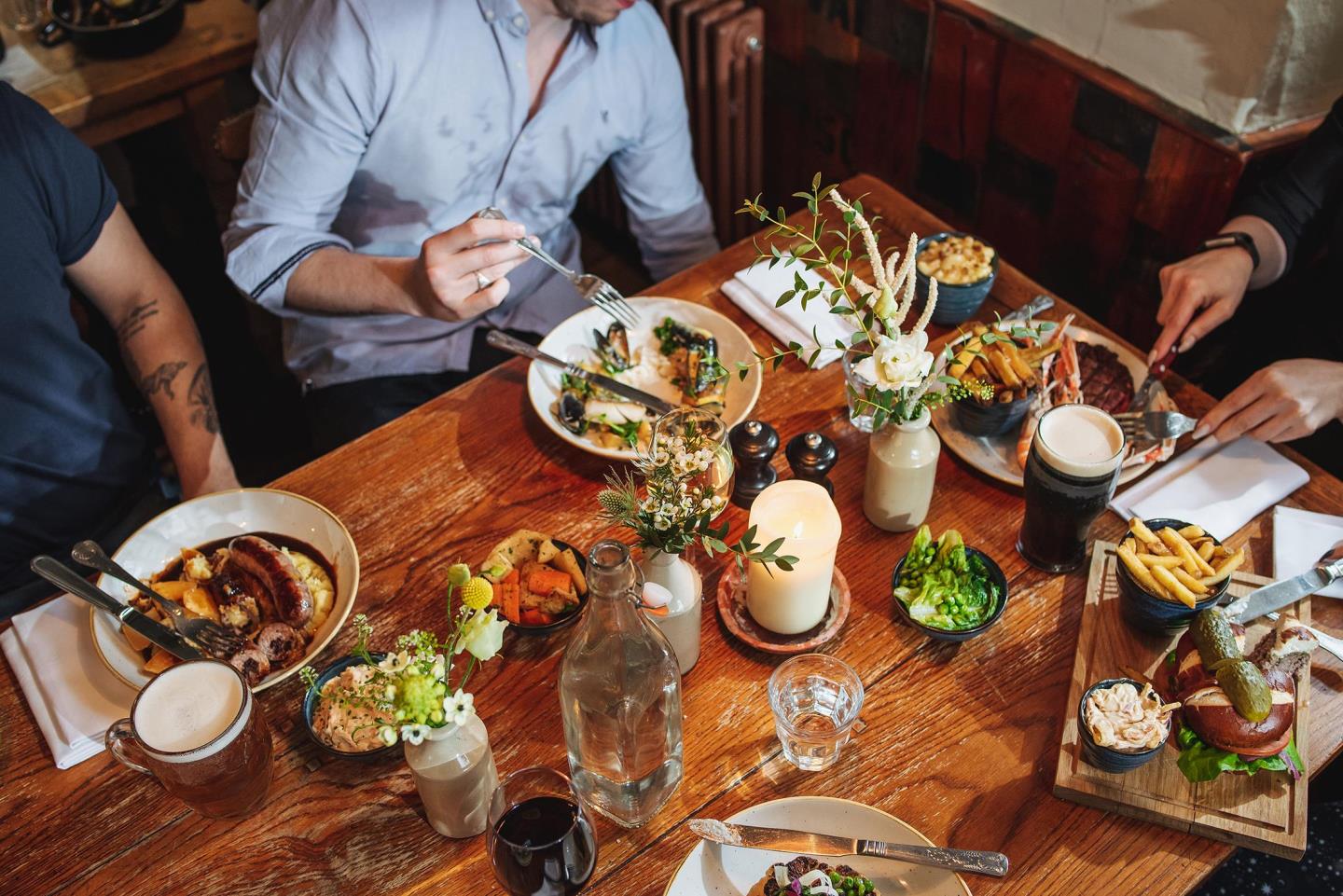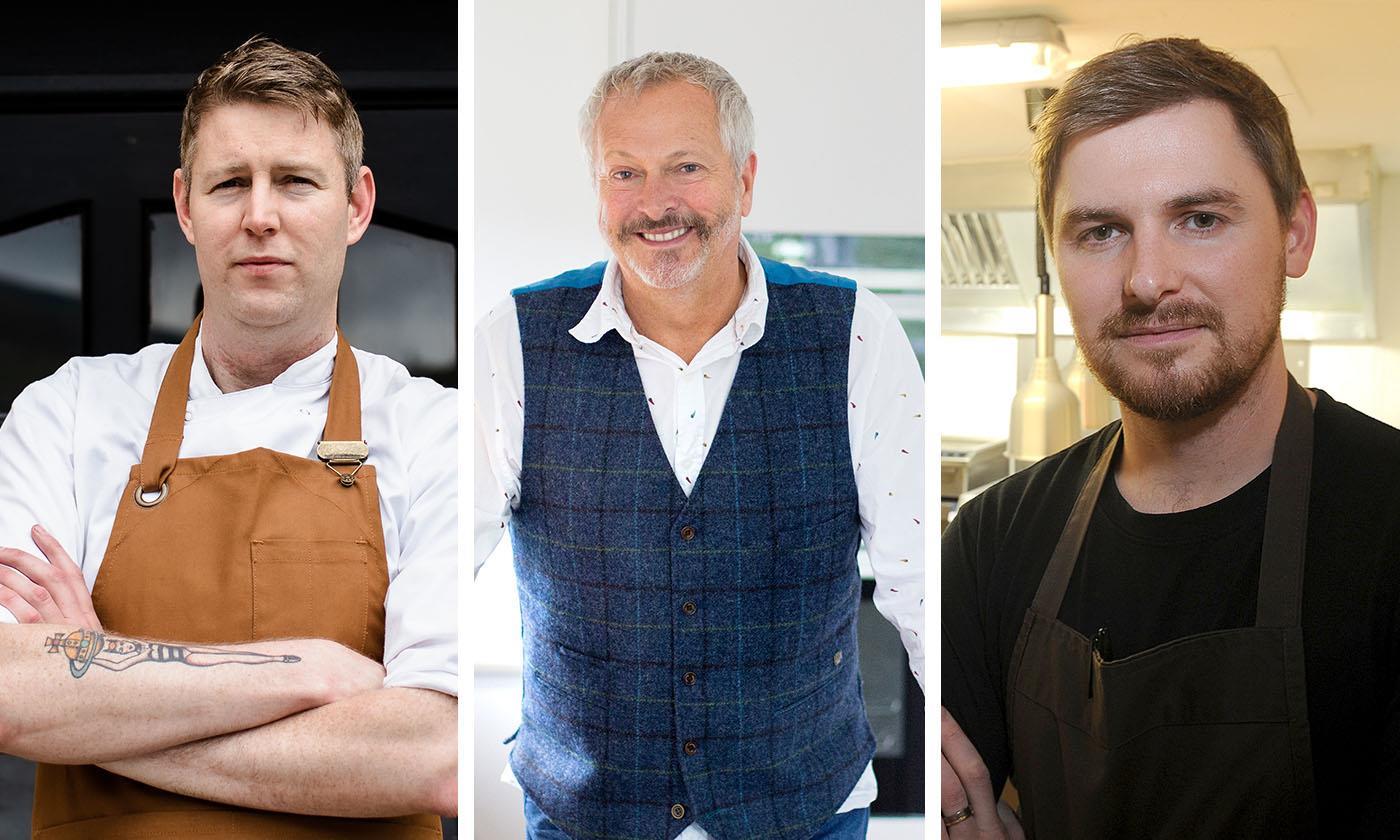In the third part of her three-part mini series, Julia Bryce talks to William Halsall of Craigellachie Hotel to find out why the “old school” way of working in kitchens needs to be abolished.
While the hospitality industry, like many others, continues to battle with the continuous coronavirus pandemic, it has taken a heavier beating than more of recent, with staff shortages and staff teams having to isolate being two major issues.
And as the abuse and harassment allegations against celebrity chef Tom Kitchin and some of the team at The Kitchin Group in Edinburgh continue to evolve, the industry is now being looked at under a microscope by diners and even potential staff who wanted to make a career for themselves working as a chef.
Old school era
William Halsall took on the role of executive chef and general manager of the Craigellachie Hotel in Speyside last September during the coronavirus pandemic.
While he is still relatively new to this role, his time spent working in kitchens has resulted in him addressing issues as he looks to make changes to the prestigious hotel to ensure all of his staff are well nurtured and looked after.
Having spent two decades of his career in London, William is all too familiar with what he describes as “dinosaur kitchens” and says there is no room for this style of management in this day and age.
He said: “I think the industry has been changing for the past five to 10 years. There’s still ‘dinosaur kitchens’ out there, but the days of people throwing stuff around the kitchen and shouting at staff should be dead.
“I’ve worked in London for the past 20 years and some of the places were like that when I first went into the kitchen. When I became the head chef at Caprice in London it completely changed. If you create that kind of environment you’ll have no chefs. A lot of chefs complain about not having any staff, but they need to take a look at themselves and change the environment.
There’s an element in discipline, like any job, but that doesn’t mean you have to abuse staff verbally, mentally and certainly not physically.”
William Halsall, executive chef of Craigellachie.
“It took me four years to do it, but I had the lowest staff turnover in the company. There’s an element in discipline, like any job, but that doesn’t mean you have to abuse staff verbally, mentally and certainly not physically.
“Senior staff need to ensure no one is being abused and it has to be a mentality of teaching and passing on skills to people, and developing them.
“I’m surprised we’re still hearing stories about kitchens like this. I knew there were harder kitchens out there and some people are bad examples, but the majority of people want to have a career in the industry and they want to develop themselves and their staff.”
Time of change
With a focus on recruitment, cutting double shifts and reassessing pay and working hours, William believes he is making the necessary changes to keep staff happy and motivated.
“I took over Craigellachie in September and my focus has been getting enough people in the team. We have seven in the kitchen now. You have to look at their wages and working hours.
“Being aware of what hours people are working so we’re not understaffed is important. The way the shifts are will be ripped up soon so there’s no double or split shifts. I can’t have people on double shifts or working back-to-back every day.
“You need discipline in the kitchen – there’s a job to be done, but it is all about being productive and keeping staff happy. If you have happy, disciplined staff, they will work hard for you. You can get the work out of people without being vulgar.
“We’re a hotel so we have breakfast, lunch and dinner, so we need to make sure all of the staff, not just chefs, are eating, so we used to have a breakfast meeting to give people a chance to eat, too.”
Read what Nick Nairn had to say on “SAS kitchens” in the first part of this mini series.



